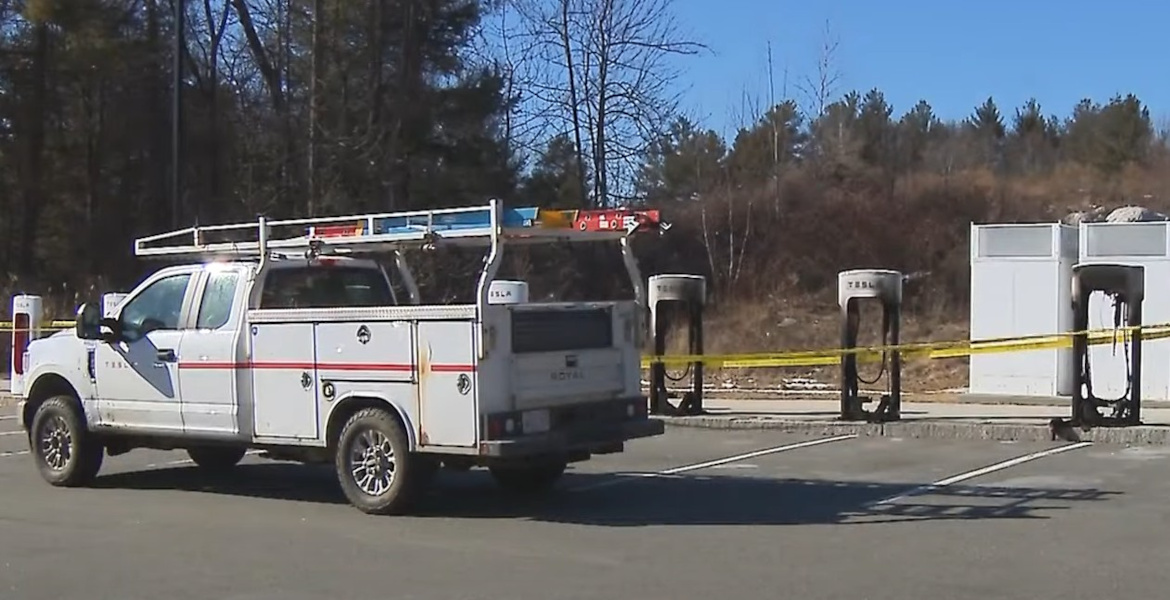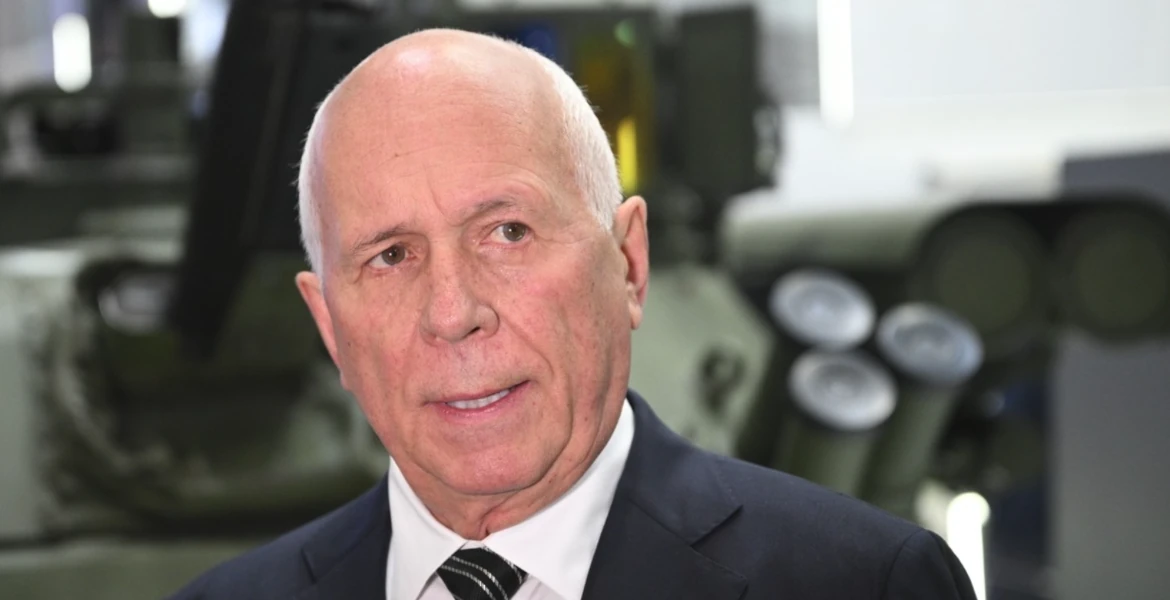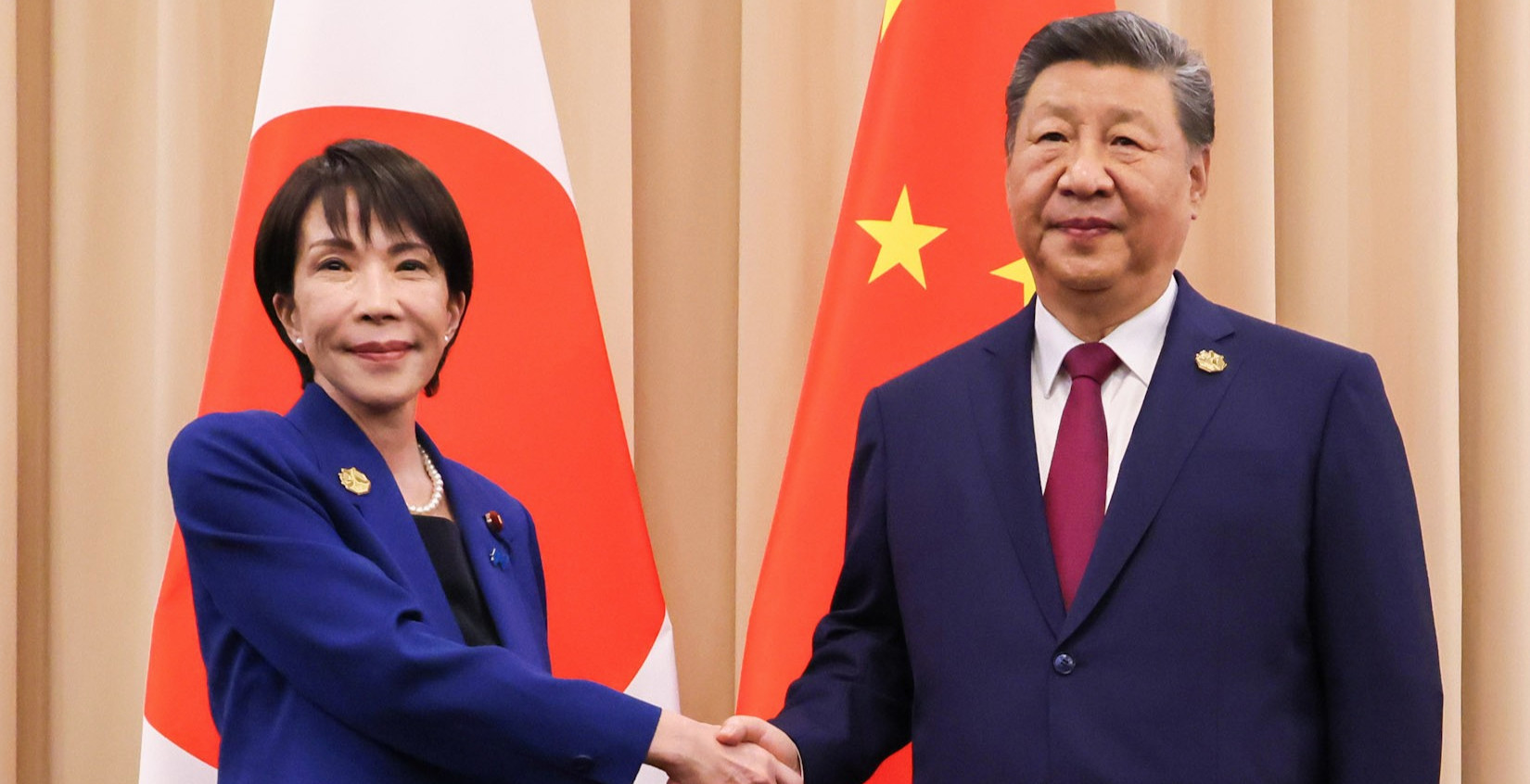Protests against Tesla and its founder Elon Musk have recently escalated into violent attacks in the United States and Europe. Over the past week, Tesla cars, charging stations and stores have been the targets of Molotov cocktails, shootings and vandalism.
The anti-democratic attacks and violence are likely due to Musk's political influence and the many positions he has recently expressed.
In Oregon, a 41-year-old man has now been arrested after throwing Molotov cocktails at a Tesla store and firing shots at the building. The incident occurred in connection with protests against Tesla, where the demonstrators on site protested against Musk's political involvement and corporate culture, Dagens PS reports.
At the same time, there are reports of several charging stations being vandalized with graffiti, including "Nazi" symbols and the word "Nazi" over the Tesla logo.
The attacks are not limited to the US. Similar attacks have taken place in parts of Europe.
Gothenburg particularly affected
In Sweden, Tesla cars have also been the target of arson attacks. In February, four Teslas in Gothenburg were attacked by fire in the space of two days. Police suspect that the perpetrators used flammable objects at the wheel arches to set fire to the cars.
A 35-year-old man has been arrested twice in connection with the fires but released on one occasion before new attacks occurred, Carup.se reports. The man is also suspected of another arson attack on a Tesla. Which makes the number of suspected arson fires to a total of five at present.
– He was arrested and questioned but then released by the prosecutor last night. Sometime a couple hours later, the next car caught fire. Then you find the same person near the area again so now he is caught, and he is arrested, says municipal police Ola Skogsberg to GP.
Protests Erupt In NYC at the Tesla dealership pic.twitter.com/Y0t55pxKrU
— Real Life Footage (@RealLifeFootage) March 9, 2025
ActBlue involved in the attacks?
The protests target not only Tesla as a company but also Elon Musk personally. Critics accuse him of using his platform to influence American politics in a way that polarizes society. His growing influence has made him a target for activists and political opponents alike.
According to Musk, there are indications that some attacks are coordinated and sponsored by the organization ActBlue (Act Blue Charities Inc.), Fox News reports.
ActBlue is an American political campaign organization that collects party contributions from individuals in the grassroots movement, to be used, if necessary, by the Democratic Party in various election campaigns. ActBlue funders include notorious currency speculator and globalist George Soros.
An investigation has found 5 ActBlue-funded groups responsible for Tesla “protests”: Troublemakers, Disruption Project, Rise & Resist, Indivisible Project and Democratic Socialists of America.
ActBlue funders include George Soros, Reid Hoffman, Herbert Sandler, Patricia Bauman,…
— Elon Musk (@elonmusk) March 8, 2025
Strong sales despite the attacks
The company has not yet officially commented on the recent attacks, but it says it is working with local authorities to investigate the incidents. Security measures at stores and charging stations have been tightened in several regions, particularly in the US.
Tesla's operations have also been affected by sabotage in the past, including an arson attack on a substation in January 2024 near its factory in Grünheide, Germany, which halted production for several weeks.
Despite the attacks, Tesla continues to report strong sales globally, especially of popular models like the Model Y. The company is also planning the launch of new models later this year.




